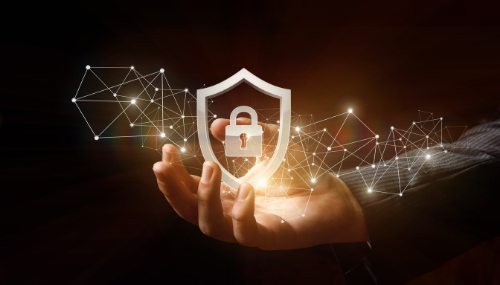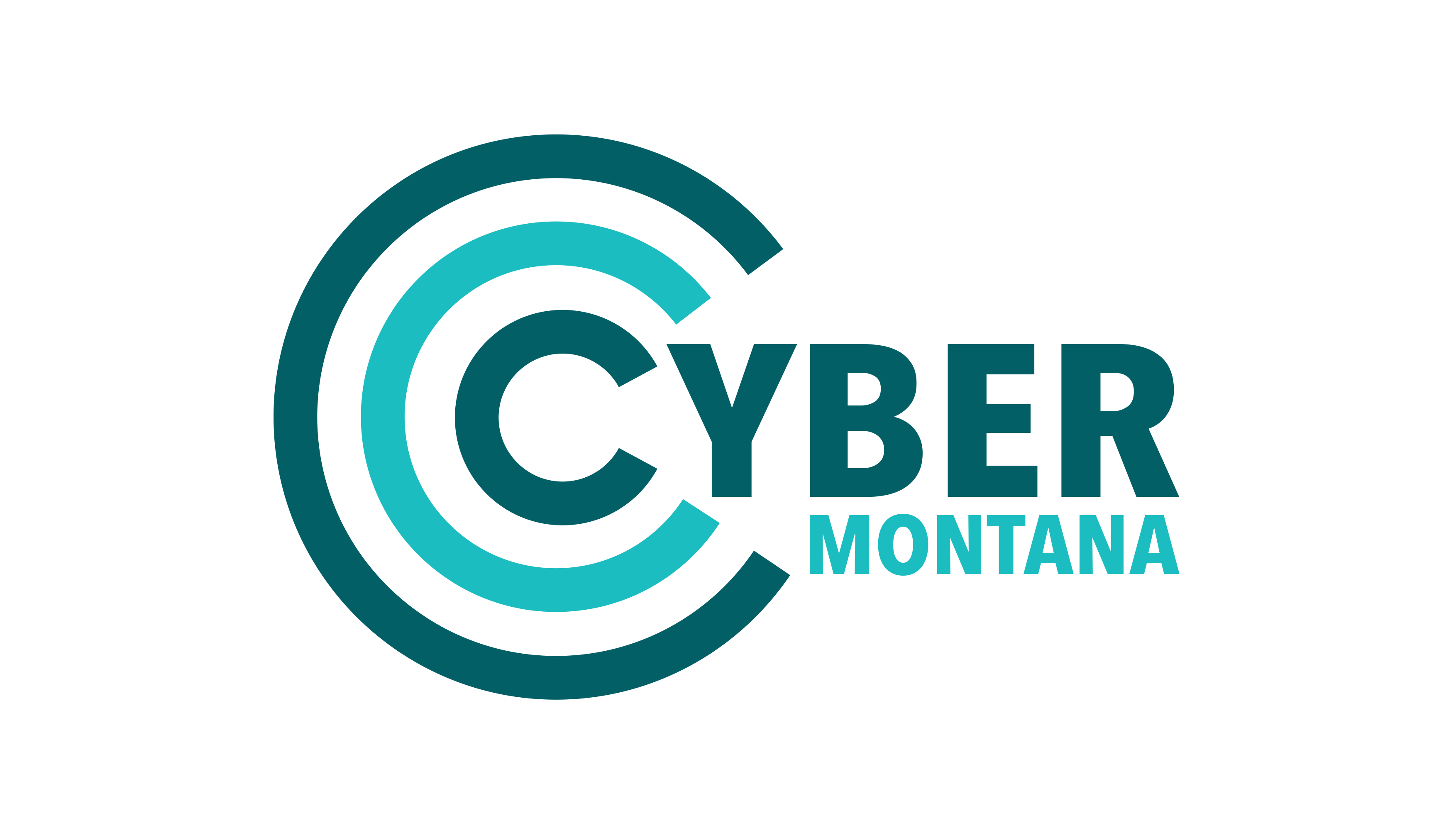
$2,195 (USD)
Enroll NowHours to Complete Course : 40 Hours
Course Length : 6 Months
DOB Approved : No
Voucher Included : No
Average Salary : N/A
This course features intensive hands-on training that focuses on installing, configuring, and managing VMware vSphere 6.5. This course will give you a solid understanding of how to administer a vSphere infrastructure for an organization of any size. Learn faster and retain more so you are fully prepared to install and support VMware and become prepared to take the VMware Certified Associate - Digital Business Transformation (VCA-DBT) - 1V0-701 exam for the VMware Certified Associate (VCA) credential.
What you will learn
- Describe the software-defined data center
- Explain the vSphere components and their function in the infrastructure
- Deploy an ESXi host
- Deploy VMware vCenter Server Appliance
- Use a local content library as an ISO store and deploy a virtual machine
- Describe vCenter Server architecture
- Use vCenter Server to manage an ESXi host
- Configure and manage vSphere infrastructure with VMware Host Client and VMware vSphere Web Client
- Describe virtual networks with vSphere standard switches
- Use vCenter Server to manage various types of host storage: VMware vSphere VMFS, NFS, iSCSI, and RDM
How you will benefit
- Deep dive into key vSphere topics and functions
- Learn about real world applications of this technology
- Expand your knowledge of the material even further than what the certification test requires
- Preparation to take the VMware Certified Associate - Digital Business Transformation (VCA-DBT) - 1V0-701 exam for the VMware Certified Associate (VCA) credential.
- Introduction to Virtualization
- Basics
- Topology
- Software
- Interfaces
- Inventory Objects
- Server Plugins
- Advantages/ Disadvantages
- Overview of Features
- Licensing
- What's New
- ESXi Installation
- Requirements
- Preparation
- ESXi Set up
- Post installation
- vCenter Server and vCenter Server Appliance Installation
- Server vs. Appliance
- Embedded vs. External
- Server
- Appliance
- Appliance Migration Tool
- Virtual Machines
- Basics of Virtual Machines
- Deployment
- Templates
- Content Libraries
- Hardware
- Options
- NVMe
- vSphere App
- Solutions Manager
- Management
- VMware tools
- VM Migration
- Networking
- Networking basics
- vSwitches
- VMKernel Groups
- Port Groups
- Security polices
- Load Balancing and Failover
- Backing up Network Configurations
- Network Policies
- RDMA
- IPv6
- Best Practices
- Storage
- Storage basics
- ESXi SAN implementations
- ESXi Fibre Channel
- ESXi iSCSi
- ESXi NFS
- Flash Devices
- Multipathing and Failover
- Datastores
- Raw device Mapping
- Virtual Volumes
- I/O filtering
- Hardware Acceleration
- Thick and Thin
- Vmkfstools
- Storage providers
- Storage Polices
- Security
- Basic Security
- SSO
- Certificates
- Permissions
- Hardening (best practices)
- Boot Secure
- Enhanced logging
- Encrypted vMotion
- Resource Allocation
- Basics of Resource Allocation
- Settings
- CPU
- Memory
- Storage
- Clustering
- NUMA
- Attributes
- Fault Definitions
- Host Profiles
- Create
- Attach
- Detach
- Compliance
- Remediation
- Profile Management
- DRS integration, parallel host remediation, audit quality improvements
- Business Continuity
- HA Clusters
- Fault Tolerance
- Monitoring and Performance
- Charts
- Web Client
- Guest OS
- Host Health
- Events, Alarms, Automation
- vCenter Solutions
- Health of Nodes and Services
- Resxtop and esxtop
- Vimtop
- SNMP
- Syslog
- Upgrade Process
- Introduction to the upgrade process
- Requirements
- Prerequisites
- vCenter Server
- vCenter Server Appliance
- vCenter Server to Appliance Migration
- Hosts
- VMs
- Datastores
- Update Manager
- Troubleshooting
- Overview
- VMs
- Hosts
- vCenter Server
- Availability
- Resources
- Storage
- Networking
- Virtual VSAN
- Introduction
- Requirements for vsan
- Design and sizing
- Preparation
- Creation vsan cluster
- Stretching across datastores
- Policies
- Monitoring
- Failures and troubleshooting
- ISCSi Support
- Redundancy and Data Protection
- vSphere Replication
- Data Protection
Hardware Requirements:
- This course can be taken on either a PC or Mac.
Software Requirements:
- PC: Windows 8 or later.
- Mac: macOS 10.6 or later.
- Browser: The latest version of Google Chrome or Mozilla Firefox are preferred. Microsoft Edge and Safari are also compatible.
- Adobe Acrobat Reader.
- Software must be installed and fully operational before the course begins.
Other:
- Email capabilities and access to a personal email account.
Instructional Material Requirements:
The instructional materials required for this course are included in enrollment and will be available online.
There are no prerequisites to take this course. However, system administration experience on Microsoft Windows or Linux operating systems is highly recommended.
Russ Long currently holds active certifications in VMware (VCSA, VCP) , Cisco, Comptia, and Apple. Hehas a total of over six years of experience delivering enterprise level IT content in live webcast classrooms and prerecorded content. Classes have included personnel from: IBM, NASA, IRS, BT, DoD, VMware. Russ has 16 years of IT experience ranging from a fiber optic splicing technician to a site administrator. He has IT support experience in face-to-face customer service, troubleshooting and IT consulting as a business. Russ has dealt with federal and local government entities, as a provider of services and equipment, troubleshooting and in IT consulting. He also is a former IT business owner with a focus on computer repair and IT infrastructure.
Can I register for a course if I am an international student?
Yes, ed2go courses are completely online. However, keep in mind that not all certifying bodies or industry-specific certifications are recognized internationally. Please review your country's regulations prior to enrolling in courses that prepare for certification.
Does this course prepare for a certification?
This course will help prepare you for the VMware Certified Associate - Digital Business Transformation (VCA-DBT) - 1V0-701 exam.
When can I start the course?
This course is open enrollment, so you can register and start the course as soon as you are ready. Access to your course can take 24-48 business hours.
How long does it take to complete this course?
This course is self-paced and open enrollment, so you can start when you want and finish at your own pace. When you register, you'll receive six (6) months to complete the course.
What if I don't have enough time to complete my course within the time frame provided?
The time allotted for course completion has been calculated based on the number of course hours. However, if you are unable to complete the course, contact the student advising team to see what options you may have available to work out a suitable completion date. Please note that an extension fee may be charged.
What kind of support will I receive?
The course instructor will be available by email to answer any questions and provide feedback on your performance. Occasionally, your course may be supported by a team of industry experts. You will also receive support from the student advising team.
What happens when I complete the course?
Upon successful completion of the course, you will be awarded a Certificate of Completion.
Am I guaranteed a job?
This course will provide you with the skills you need to obtain an entry-level position in most cases. Potential students should always do research on the job market in their area before registering.
Can I get financial assistance?
This course is non-credit, so it does not qualify for federal aid, FAFSA and Pell Grant. In some states, vocational rehab or workforce development boards will pay for qualified students to take our courses. Additionally, some students may qualify for financial assistance when they enroll, if they meet certain requirements. Financing is available from select schools. Learn more about financial assistance.
How can I get more information about this course?
If you have questions that are not answered on our website, representatives are available via LIVE chat. You can also call us at 1-877-221-5151 during regular business hours to have your questions promptly answered. If you are visiting us during non-business hours, please send us a question using the "Contact Us" form.

